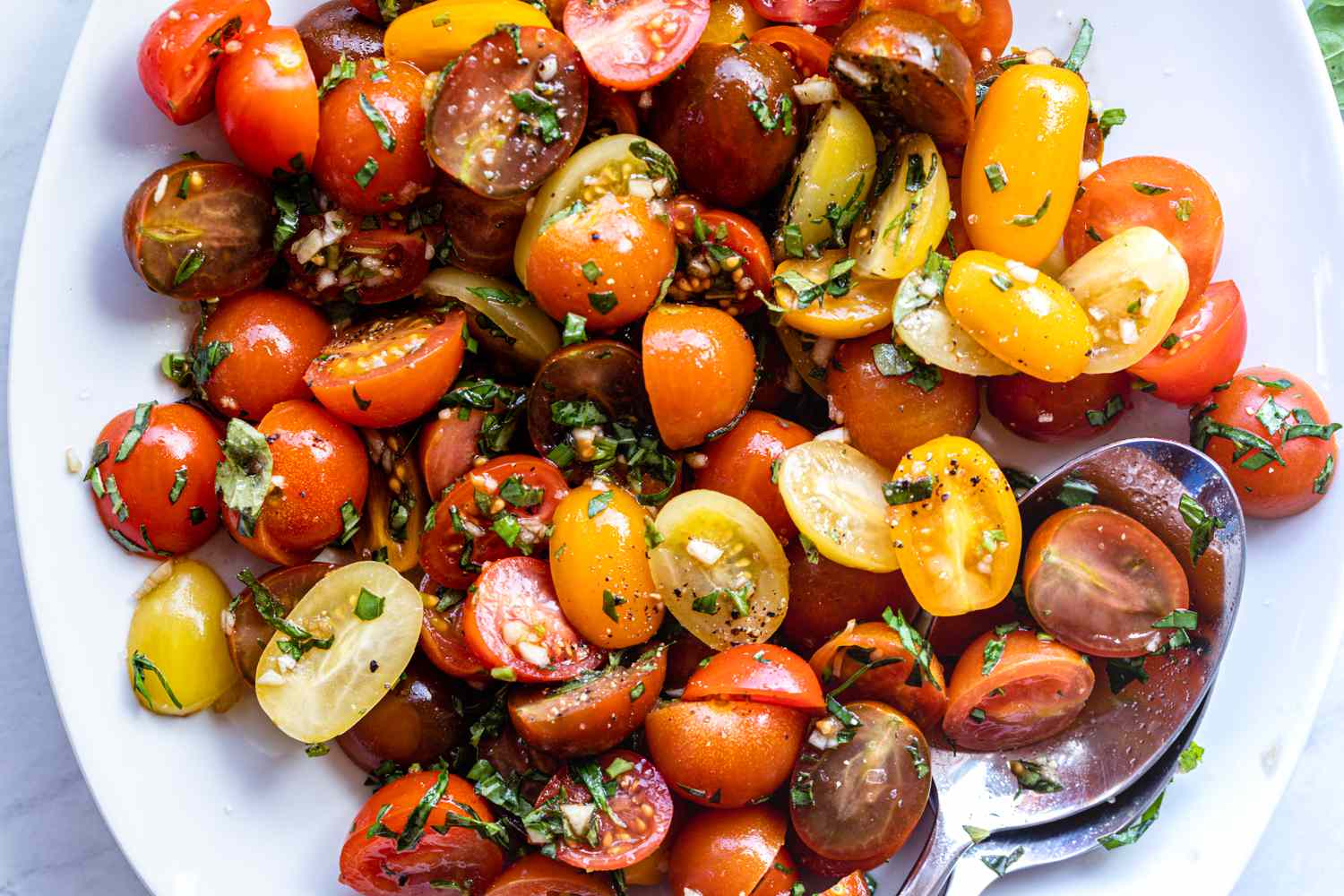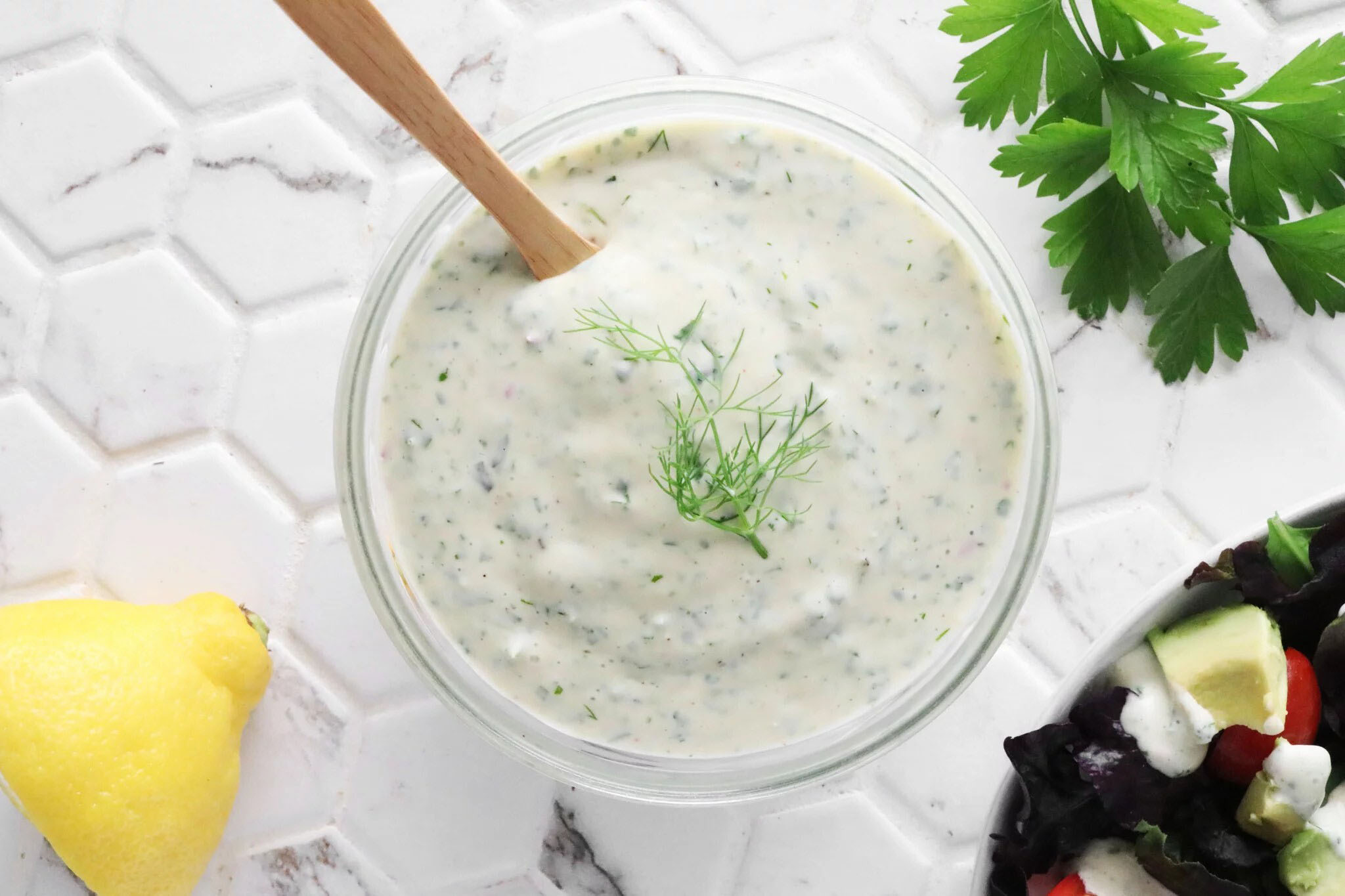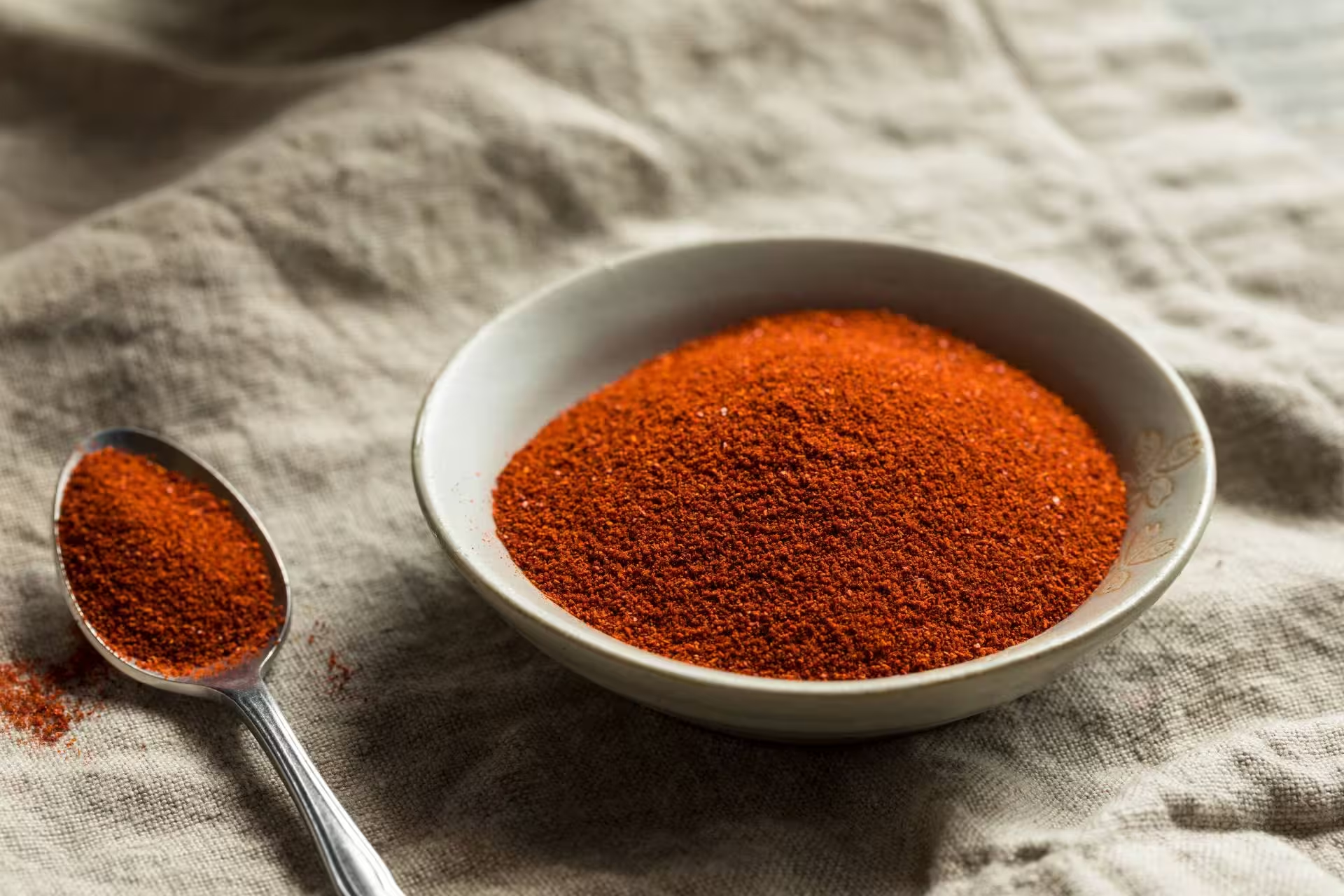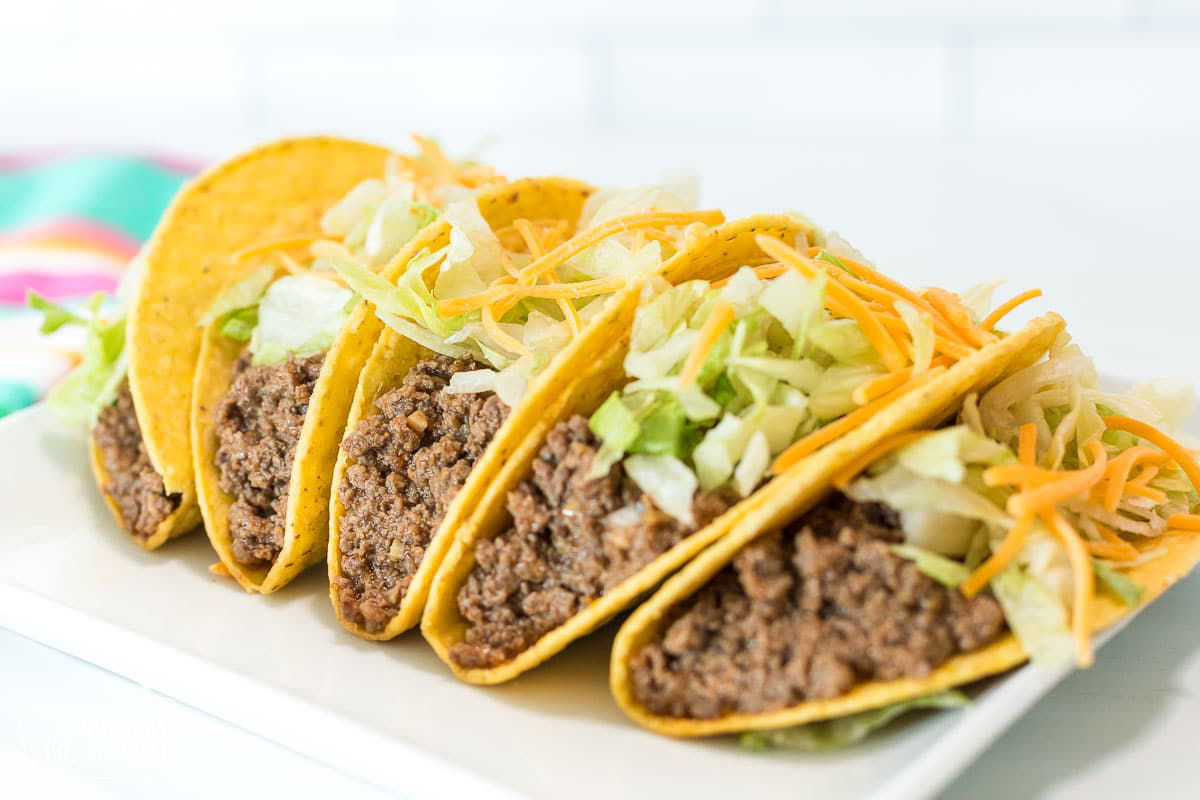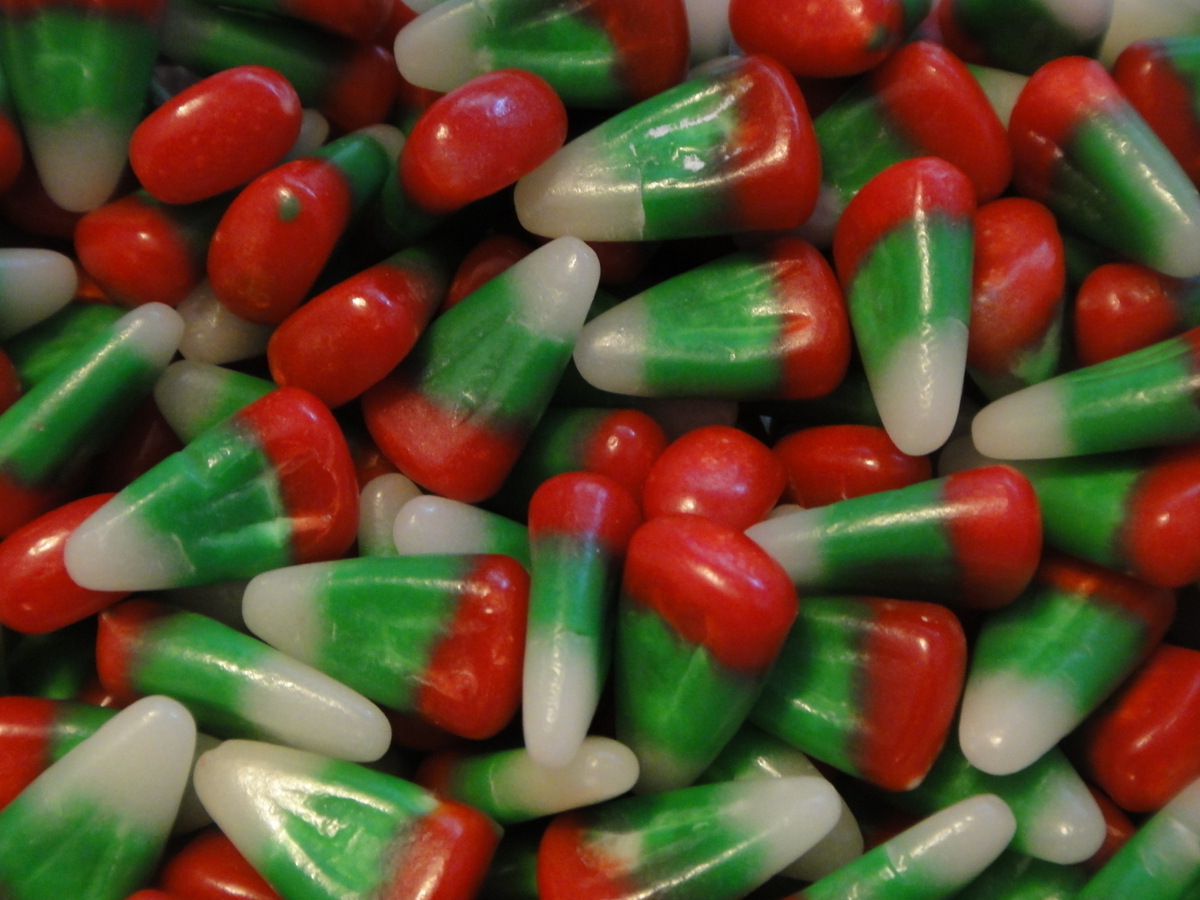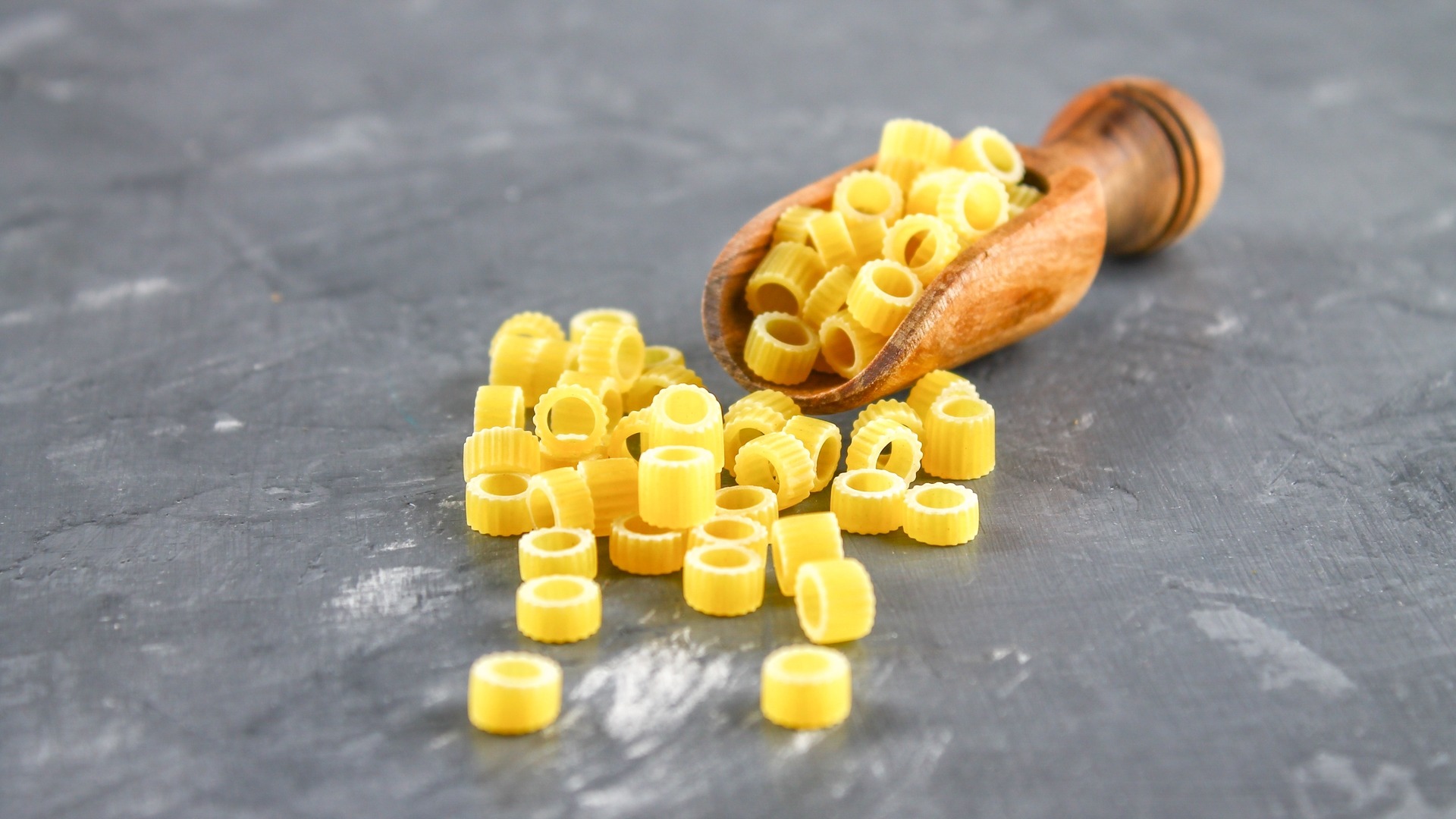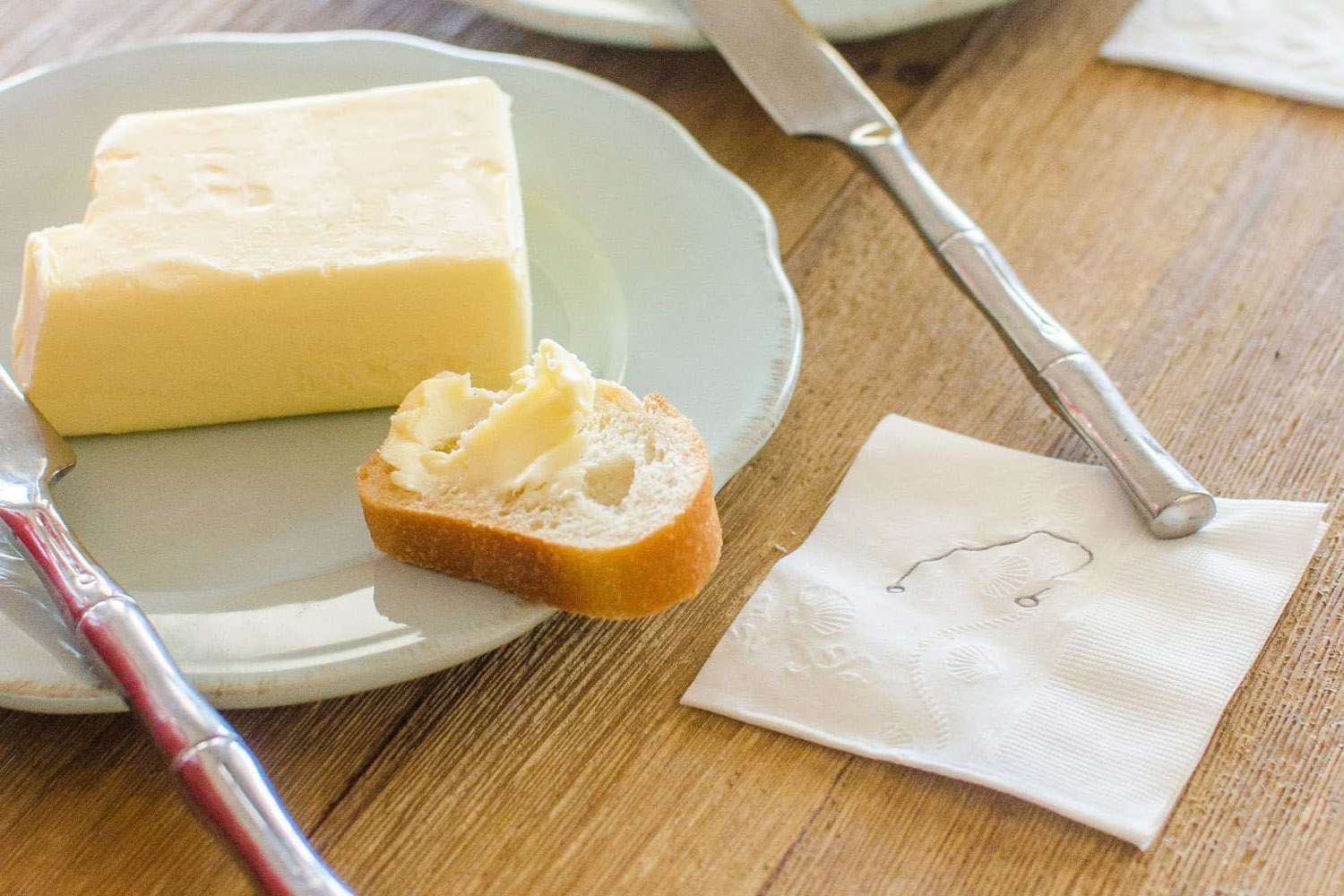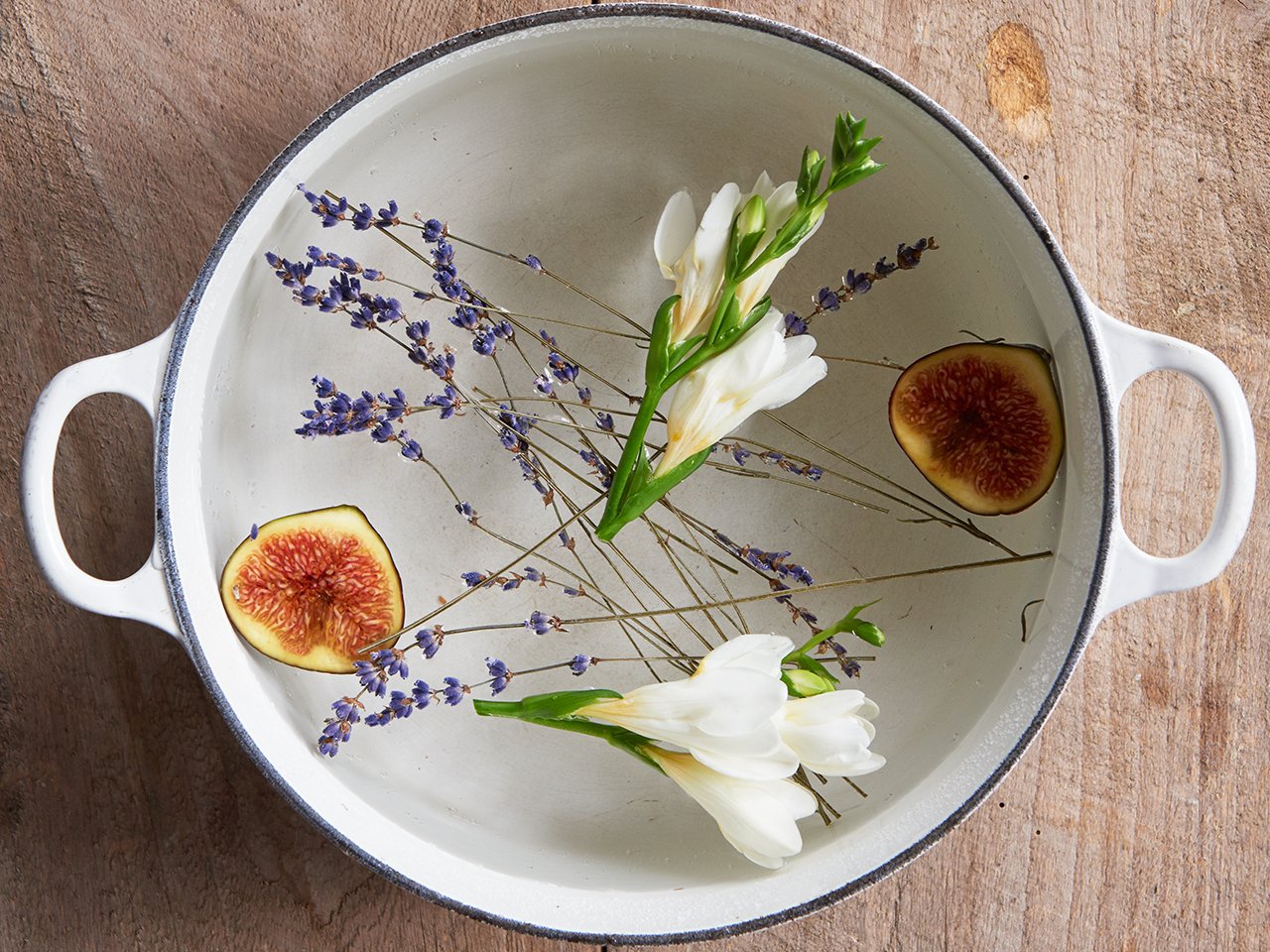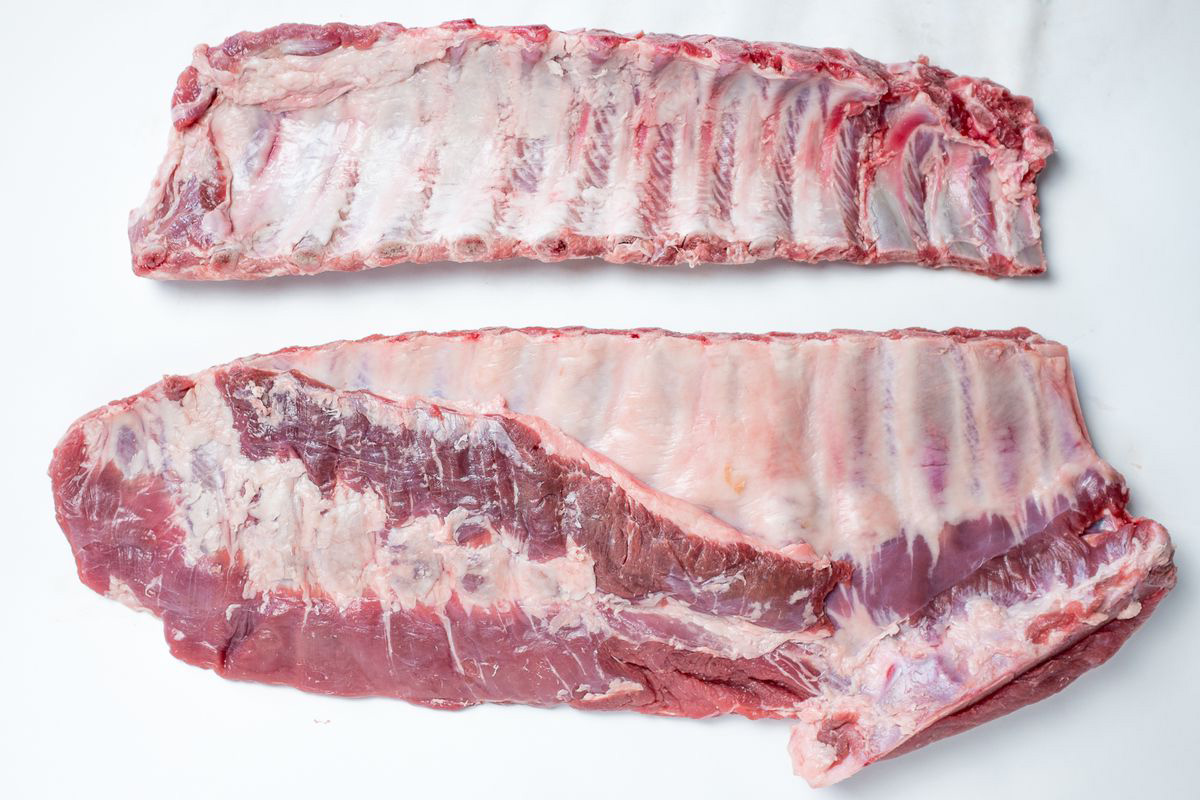Discovering the Delightful Jerusalem Artichoke
Have you ever heard of Jerusalem artichoke? Despite its name, it has no relation to Jerusalem or artichokes. In fact, it is a type of sunflower native to North America. Also known as sunchoke, this root vegetable is gaining popularity for its unique flavor and numerous health benefits.
What Does Jerusalem Artichoke Look Like?
Jerusalem artichoke looks similar to ginger root, with a knobby, uneven surface and a brownish skin. The flesh inside is crisp and white, resembling a potato or water chestnut. When cooked, it develops a sweet, nutty flavor that sets it apart from other root vegetables.
How to Prepare and Enjoy Jerusalem Artichoke
There are several ways to enjoy Jerusalem artichoke, making it a versatile ingredient in the kitchen. Here are some popular methods of preparation:
- Roasting: Toss Jerusalem artichoke with olive oil, salt, and pepper, then roast until golden and tender.
- Sautéing: Slice Jerusalem artichoke and sauté it with garlic and herbs for a flavorful side dish.
- Raw: Jerusalem artichoke can be enjoyed raw, thinly sliced and added to salads for a crunchy texture.
- Pureeing: Boil Jerusalem artichoke until soft, then blend into a creamy soup or puree.
The Health Benefits of Jerusalem Artichoke
Jerusalem artichoke is not only delicious but also packed with nutrients. It is a good source of fiber, which supports digestive health and helps regulate blood sugar levels. Additionally, it contains inulin, a type of prebiotic fiber that promotes the growth of beneficial gut bacteria.
Furthermore, Jerusalem artichoke is rich in potassium, iron, and vitamin C, all of which are essential for overall health and well-being.
Where to Find Jerusalem Artichoke
Jerusalem artichoke can be found in the produce section of many grocery stores, particularly during the fall and winter months. Look for firm, unblemished tubers and store them in a cool, dark place until you are ready to use them.
In Conclusion
Jerusalem artichoke is a unique and versatile vegetable that deserves a place in your culinary repertoire. Whether roasted, sautéed, or pureed, it offers a delightful flavor and a host of health benefits. Next time you’re at the market, be sure to pick up some Jerusalem artichoke and explore the delicious possibilities it has to offer.
